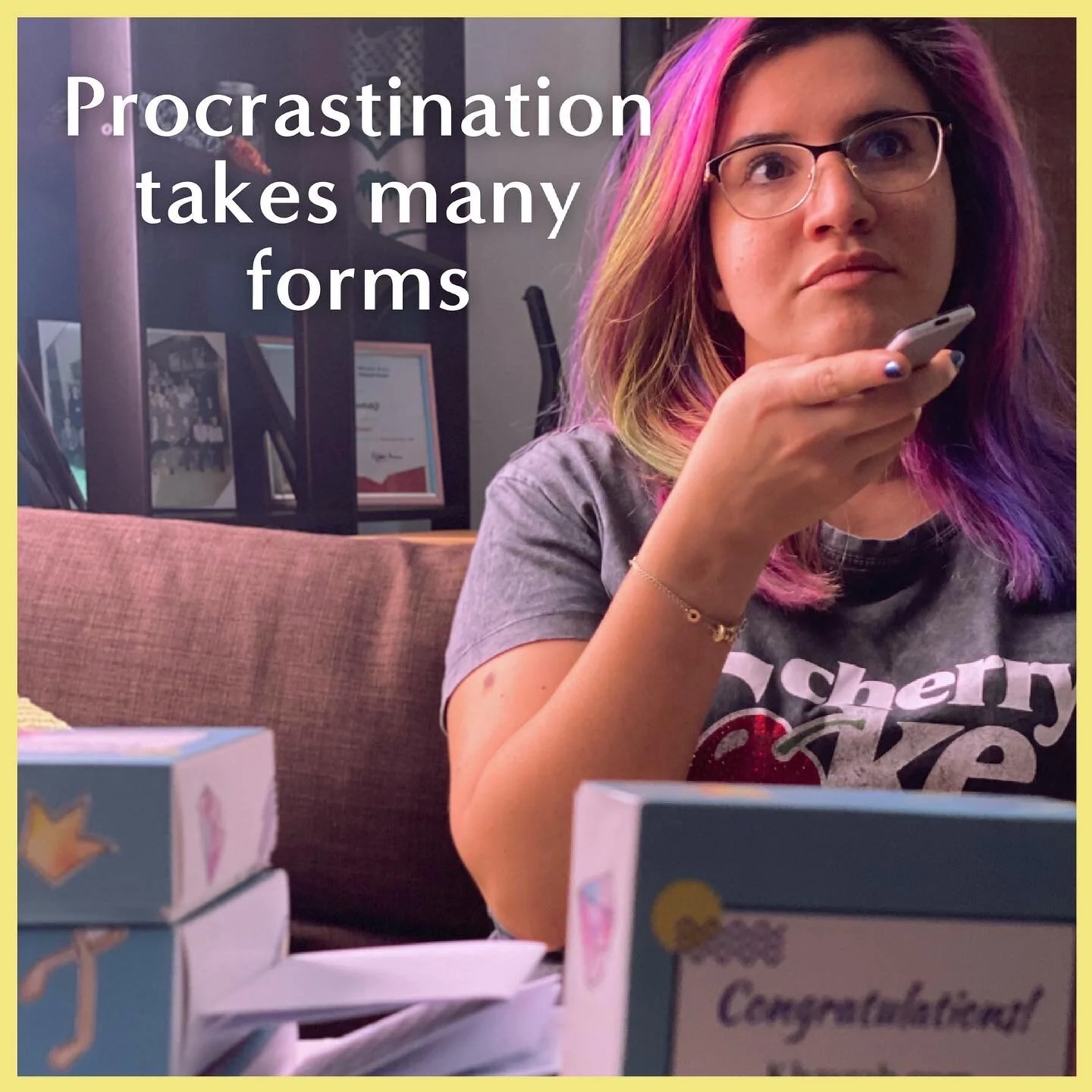The tools of power, authority, and control that we’ve been provided from our modern society only gives us the illusion of being our true selves. This causes pain in us that comes out as procrastination, imposter syndrome, and comparison. Finding the 100% line helps us set up the boundaries and self-compassion to get back to our authentic selves. Here’s 5 steps on how.
Read MoreAs many of us shift into the new new normal of relaxed pandemic safety regulations, I’ll be the first to admit that promotion (for personal or company use) and feelings are WEIRD.
There’s no longer a textbook solution to move forward! These are not predictable days, especially for human emotions, which marketing is based on.
For the first time, we have all had our stand-alone experience. The media audiences consumed over the past year, the curation of their social feeds, the people they have been living with in quarantine, and the causes they have emotionally invested in don’t follow the traditional stance of “demographic profile”. It’s not about the age, gender, or income bracket of your dream audience. It’s about their goals, frustrations, and motivations
Read MoreWhen I notice I’m not doing a task, I say “oh, I guess I don’t want to do it”. The difference between my next step and what my new clients do are very different.
I’ve been recording my moments of procrastination for the past nine years. That is every time I procrastinated for more than 15 minutes. This is insane, and I wouldn’t recommend starting this way. It came of necessity when I was diagnosed with Attention-Deficit Hyperactivity Disorder (ADHD) when I was 10 years old (1997). This self-research paid off when I got my MBA and became self-employed.
Here is everything I learned about procrastination:
Read Moretl;dr: Procrastination is your wise body taking energy and time you didn’t provide to it.
Here are three ways to see if your ego is hijacking your chance of true innovation through collaborative relationships.
“I will hurt for you”
You may decline help because you’re the strong one – it’s your identity. Asking someone else to struggle the way you do seems selfish at best. You may decline help because the feeling of someone thanking you is too good to give to someone else. It’s a popular myth that you can only get true recognition by struggling through weakness instead of serving from strengths.
“I can’t”
You may decline help because the effort of being the solution-person is too big a responsibility. The goal is too big and unwieldy for you to even start thinking about, so how in the world could you put into words what you’d need from others? This can also be tied to perfectionism where no one else can get to the standard that you know it should be. Obviously, you can’t trust anyone else with this.
“I told you so”
Once you give it a go and try to ask for help, you are disappointed and nothing got done. This always happens when someone else tries to get involved, it just isn’t right. Resentment, blame, and isolation bubbles up in you, keeping you in your comfort zone of lonely struggle.
Read MoreIt’s our perception of of our life that scares us, hurts us, angers us, and frustrates us. There are very big very valid exceptions in relationships and traumatic events, but this article focuses on our perception of the world when no one else is around.
Let’s explore the different your different versions that you’re comparing yourself to and how to make peace with it 💫
Read More



